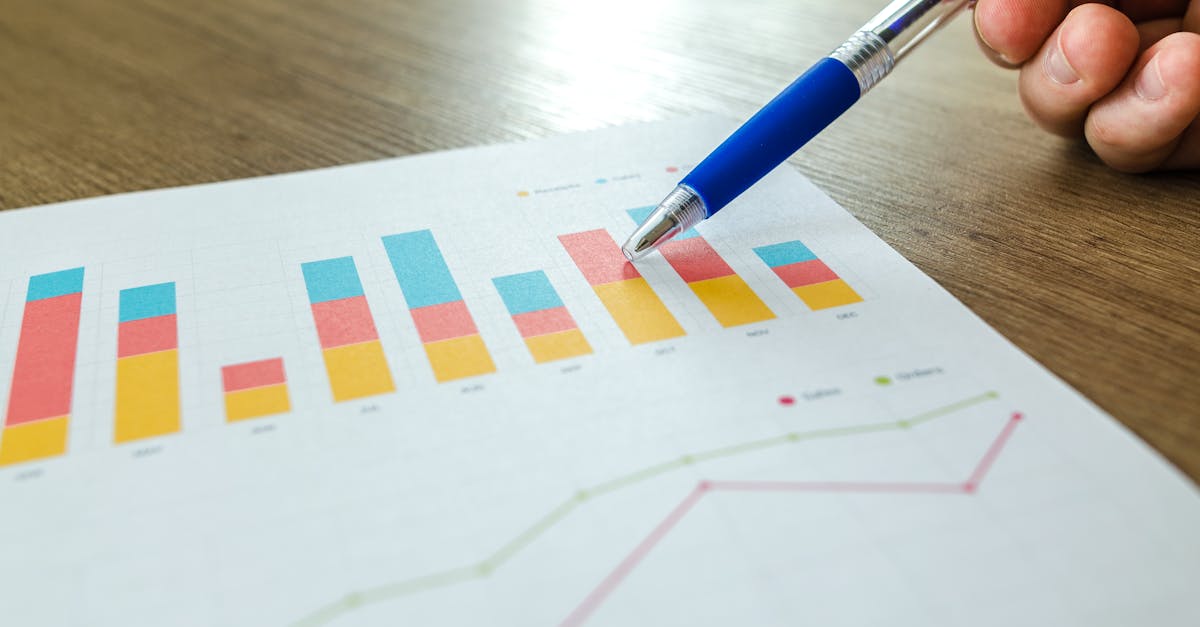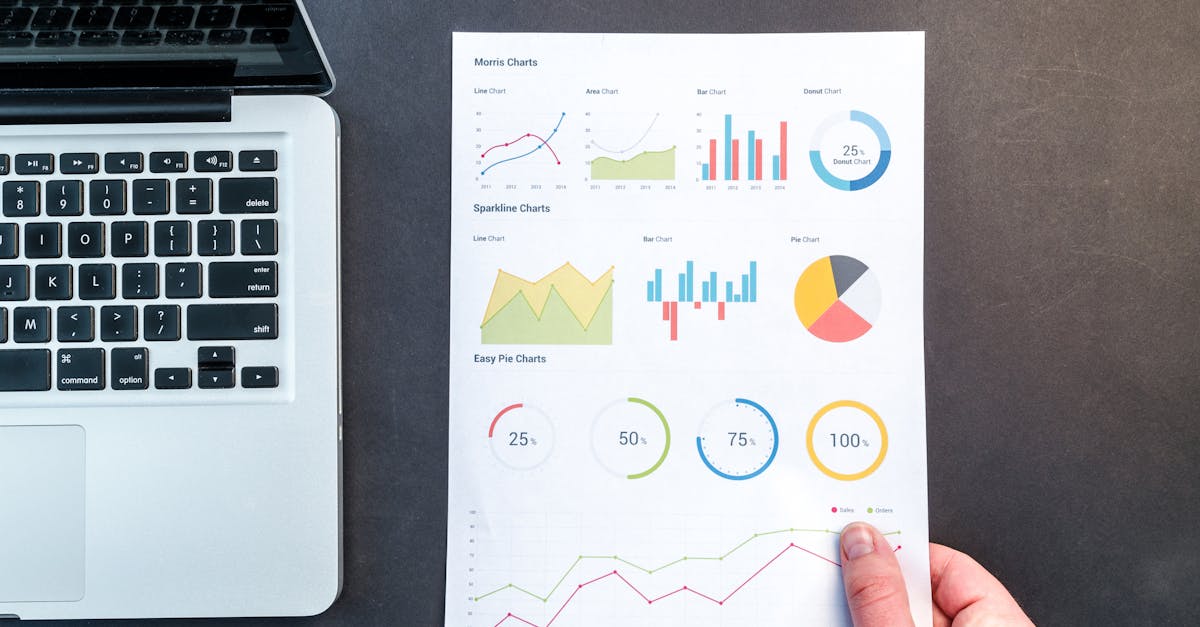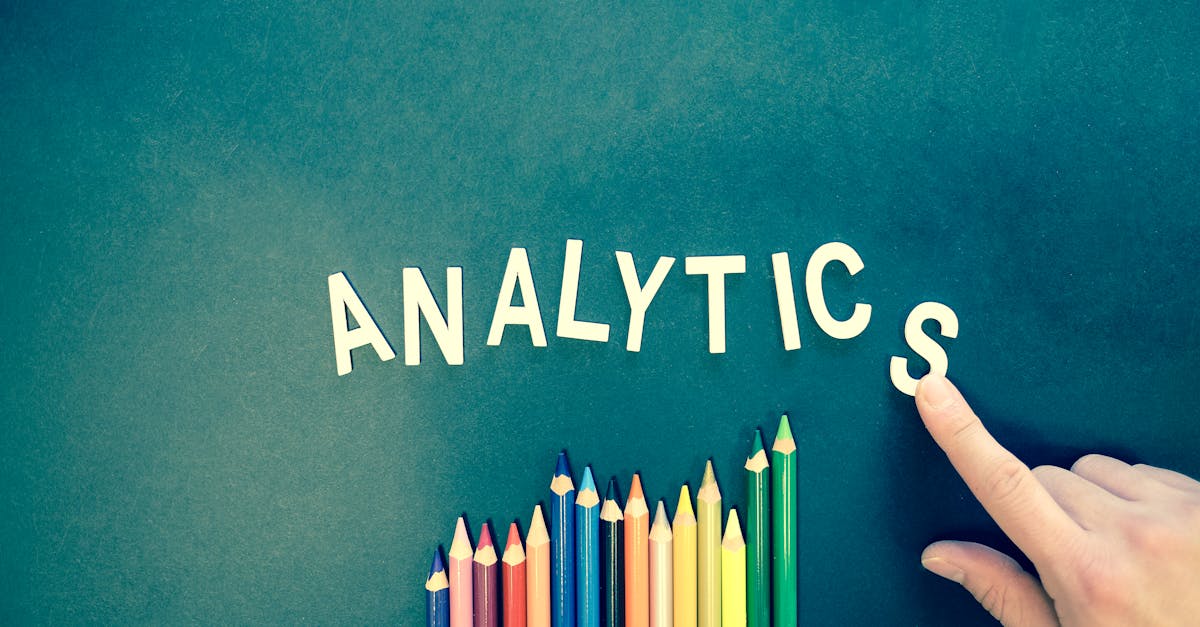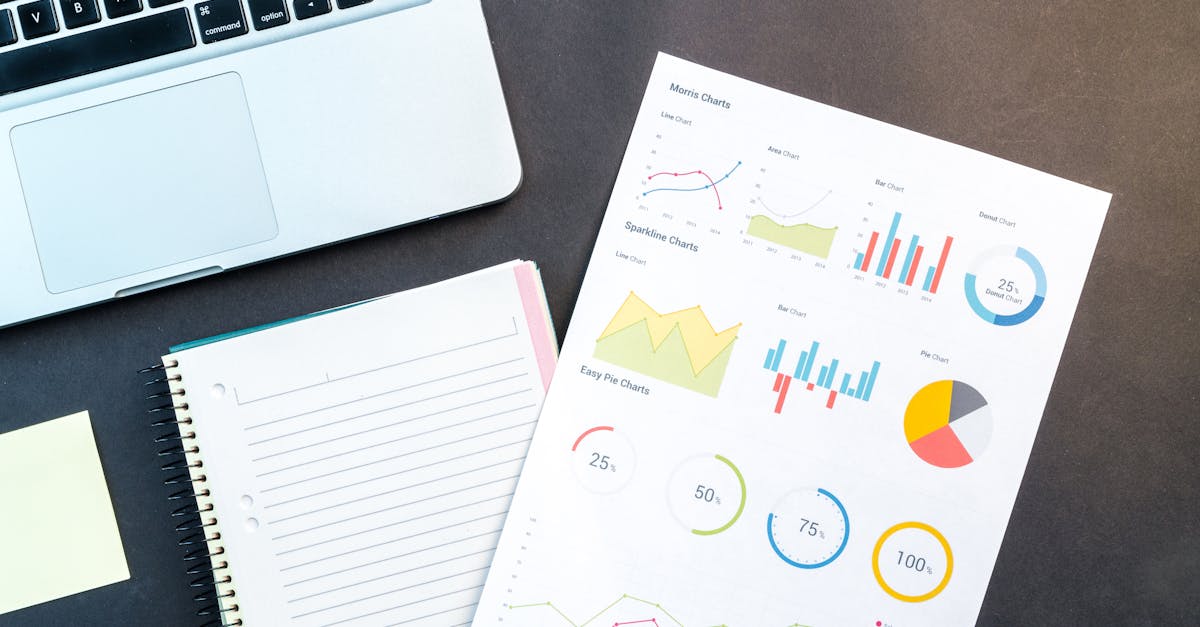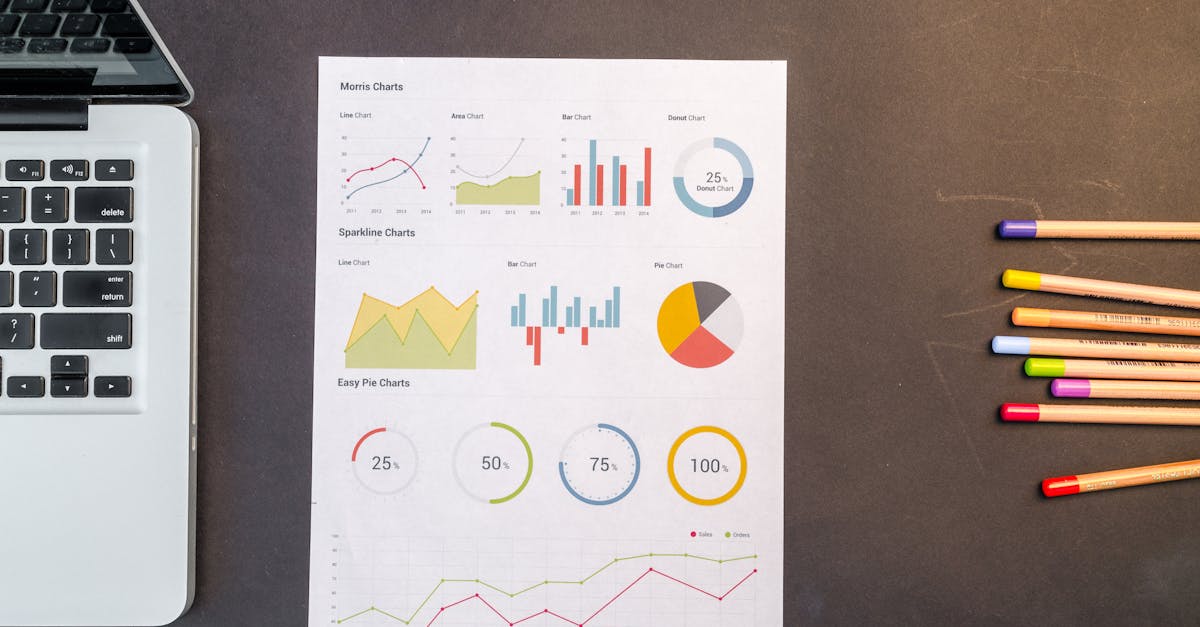
Table Of Contents
Educational Background for a Reporting Analyst
A reporting analyst typically has a background in fields related to data management, statistics, or business intelligence. Many candidates hold degrees in disciplines such as data science, information technology, or business administration. These academic paths often provide a solid foundation in analytical methodologies, essential for effective reporting and decision-making processes. Additionally, coursework focusing on data visualisation and statistical analysis can enhance skills relevant to the role.
Certifications may further bolster a reporting analyst's credentials. Programs focusing on analytics and reporting tools, such as Microsoft Power BI or Tableau, are often well-regarded in the industry. Such qualifications can demonstrate both competency and a commitment to ongoing professional development. Employers frequently favour candidates with practical experience in data analytics, as hands-on training allows individuals to apply theoretical knowledge in real-world contexts.
Relevant Degrees and Certifications
To pursue a career as a reporting analyst, individuals typically benefit from degrees that focus on related technical fields. A bachelor’s degree in business, statistics, data science, or information technology can be particularly useful. Programs that offer specialised training in Analytics and Reporting enhance understanding of data interpretation and visualisation techniques essential for this role. Certifications such as Certified Analytics Professional or Microsoft Certified: Data Analyst Associate can further substantiate a candidate's skills and commitment to the profession.
Relevant certifications play a significant role in demonstrating expertise and differentiating candidates in a competitive job market. While not always required, obtaining certifications specific to data analysis and reporting enhances a resume. Certifications focused on Analytics and Reporting can showcase proficiency in relevant tools and software, ensuring that a reporting analyst is well-prepared to handle the demands of the job. These qualifications can also open up additional pathways for career advancement and higher earning potential.
Educational Requirements for a Data Analyst
Aspiring data analysts typically pursue educational paths that equip them with the requisite skills for the role. A bachelor’s degree in fields such as statistics, mathematics, computer science, or information technology is common among professionals in this area. Many universities now offer specialised programmes focusing on data science and analytics, with specific modules dedicated to Analytics and Reporting, ensuring students grasp the essentials needed for effective data interpretation and visualisation.
In addition to formal education, relevant certifications can significantly enhance a data analyst's qualifications. Certifications in specific software tools like SQL, Python, or R are often sought after by employers. Furthermore, courses in data visualisation and database management are advantageous. The integration of these skills fosters a strong foundation in Analytics and Reporting, which is critical for making data-driven decisions in various business environments.
Academic Qualifications and Learning Paths
To pursue a career as a data analyst, individuals typically need a strong academic background in relevant fields. Common degrees include Bachelor’s degrees in Data Science, Statistics, Information Technology, or Mathematics. Many universities offer specialised courses that delve into both theoretical and practical aspects of analytics, equipping students with the necessary skills for the industry. Coursework often includes statistical analysis, data modelling, and programming languages like Python or R, all of which are essential for effective data analysis.
In addition to formal education, obtaining certifications in Analytics and Reporting can be advantageous. Various organisations provide training programs that focus on industry-standard tools and practices, such as SQL, Tableau, and Power BI. These certifications not only enhance a candidate's resume but also demonstrate a commitment to continuous learning in the field. Overall, a combination of academic qualifications and practical experience forms a solid foundation for aspiring data analysts.
Career Path and Growth Opportunities for Reporting Analysts
A reporting analyst typically enjoys a well-defined career path with a variety of growth opportunities. As they gain experience and develop their skills in analytics and reporting, many professionals transition into more advanced roles such as senior reporting analyst or reporting manager. These positions often involve overseeing teams, improving reporting processes, and ensuring data integrity. This upward mobility can also lead to opportunities in related fields such as business intelligence or data architecture.
In addition to traditional career advancement, a reporting analyst may choose to specialise in specific industries or tools. Gaining expertise in particular software packages or analytics methodologies can enhance their value in the job market. Networking within professional communities and engaging in continuous learning are vital strategies for reporting analysts seeking to expand their career horizons. As the demand for data-driven decision-making grows, a solid foundation in analytics and reporting will continue to open doors for career advancements.
Potential Career Progression
Reporting analysts often find a variety of career progression opportunities within the realm of Analytics and Reporting. With experience and expertise, they can advance to senior analyst roles or managerial positions. These advances typically involve leading teams, overseeing projects, and mentoring junior analysts. Additionally, reporting analysts with a strong grasp of business strategies may transition into roles such as business intelligence manager or data science consultant.
As professionals further specialise, they can explore diverse paths within Analytics and Reporting. Opportunities may arise in sectors like finance, marketing, or healthcare, each offering unique challenges and demands. Specialisation in specific analytics tools or methodologies can enhance their marketability, facilitating movement into high-demand areas such as data engineering or data strategy.
FAQS
What is the primary role of a reporting analyst?
A reporting analyst primarily focuses on collecting, analysing, and presenting data to support business decision-making through comprehensive reports.
How does a data analyst differ from a reporting analyst?
While both roles involve working with data, a data analyst typically dives deeper into data exploration and statistical analysis to uncover insights and trends, whereas a reporting analyst emphasises creating and distributing reports based on existing data.
What educational background is typically required for a reporting analyst?
A reporting analyst generally holds a degree in fields such as business, finance, or information technology, along with relevant certifications in data analysis or reporting tools.
Are there specific certifications that can benefit someone pursuing a career as a data analyst?
Yes, certifications such as Microsoft Certified Data Analyst Associate, Google Data Analytics Professional Certificate, and various online courses in data science and analytics can significantly enhance a data analyst's qualifications.
What are the potential career growth opportunities for a reporting analyst?
Reporting analysts can advance to senior analyst roles, data manager positions, or even transition into more strategic roles such as business intelligence or data strategy specialists.

















